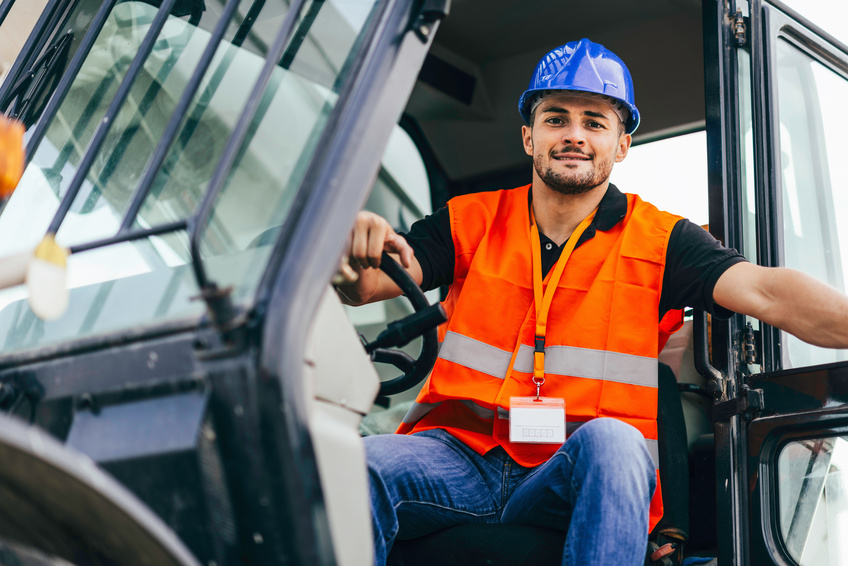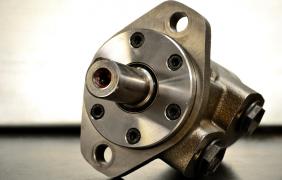Rollover Safety: A Guide for Heavy Equipment Operators

Regardless of how much experience you have in heavy equipment servicing and operation, there's no question that safety should be one of your largest concerns. Operating heavy equipment causes many injuries and deaths every year, which is why many construction vehicles now come with rollover protection services, or ROPS.
Of course, many older heavy equipment components and machines were built before ROPS became standard. To bring you up to speed, here's a short guide to heavy equipment rollover safety.
What are ROPS?
ROPS help stabilize construction vehicles, allowing them to drive over rough terrain without flipping over. This protects the equipment operator, nearby workers, as well as the integrity of the vehicle.
While ROPS are crucial safety features, the construction industry views them as a second line of defense for protecting operators from rollovers. The first is more obvious: a seat belt. But ROPS are preventative measures to keep the operator and vehicle safe from the get-go. Using both safety precautions can save a heavy equipment operator's life.
ROPS Safety Points
- All safety discussions should start with a recommendation that customers read the operator’s manual. The manual explains safety guidelines and rollover protective structure inspection procedures.
- ROPS are only designed to protect a construction vehicle from one incident. While rollover protection is effective, it will not remain so after taking a hit. You will want to have your heavy equipment parts serviced and possibly replaced following a rollover.
- Never modify your ROPS. ROPS are specifically designed to suit a particular piece of equipment. If you're operating a Komatsu tractor, you wouldn't want to fit it with used Caterpillar parts. ROPS are the same way. They're made to fit certain types of equipment and cannot be interchanged. You should also never attach unapproved equipment to your rollover system.
Crawler dozers, crawler excavators, aerial work platforms, and wheel loaders were named some of the most important heavy equipment vehicles in 2011, with a market share of 9%. With such valuable equipment, you wouldn't want to make a potentially disastrous mistake by not installing rollover protection.
Long Island Heavy Equipment Parts sells used heavy equipment componenets as-is for a discounted price. While you are welcome to test any of our equipment on our property, we ask that you do so with extreme caution.
While highly protected equipment can be expensive when purchased new, even older machines can function in good working order with a new ROPS, the best heavy equipment servicing, and some TLC.


